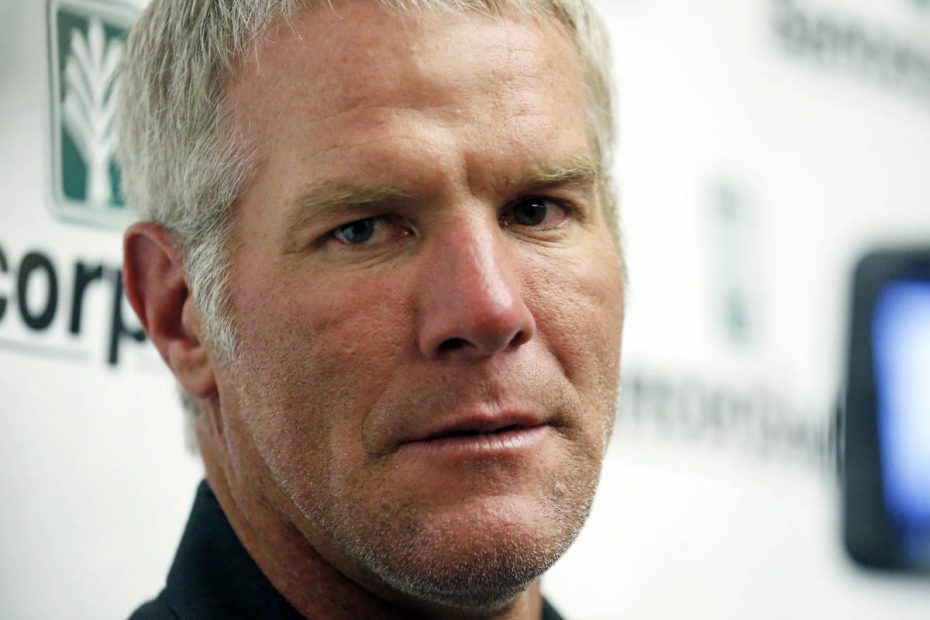NEW ORLEANS (AP) — Attorneys for retired NFL quarterback Brett Favre will ask a federal appeals court on Tuesday to revive a defamation lawsuit Favre filed against a fellow Pro Football of Famer, former tight end Shannon Sharpagainst the backdrop of a social security scandal in Mississippi, one of the largest cases of corruption in the state.
A federal judge in Mississippi dismissed the lawsuit in October, arguing that Sharpe made constitutionally protected statements during a sports broadcast when he criticized Favre's involvement in the Social Security embezzlement case.
Favre hopes the U.S. 5th Court of Appeals will retry the lawsuit.
Sharpe said during a September 2022 broadcast of the Fox Sports show “Skip and Shannon: Undisputed” that Favre “took money from the less fortunate,” that he “stole money from people who really needed it” and that it would take a person of pathetic means “to steal from the lowest of the low.”
Mississippi State Auditor Shad White has said the Mississippi Department of Human Services wasted more than $77 million between 2016 and 2019 on the Temporary Assistance for Needy Families program, funds meant to help some of the poorest people in the U.S.
Among White’s findings was that Favre improperly received $1.1 million in speaking fees from a nonprofit that spent TANF money with Department of Human Services approval. The money was intended for a $5 million volleyball arena at the University of Southern Mississippi, where he attended and where his daughter played the sport.
Favre has paid back $1.1 million, but White said in a February court filing that the former quarterback still owes $729,790 because interest increased the original amount owed.
Favre, who lives in Mississippi, denies wrongdoing and does not face criminal charges. He is one of more than three dozen people or companies being sued by the state's Department of Human Services.
According to U.S. District Judge Keith Starrett's October ruling, Sharpe's comments about the case were constitutionally protected “rhetorical hyperbole.”
“No reasonable person listening to the broadcast would think that Favre actually went into the homes of poor people and took their money – that he committed the crime of robbery/theft against a specific poor person in Mississippi,” Starrett wrote.
Favre's attorneys said in a letter that the ruling mischaracterized Sharpe's comments. “Here, a reasonable listener could and would have interpreted Sharpe's repeated statements to the effect that Favre 'stole money' from 'the underemployed' as factual statements about Favre,” they said.
Sharpe's attorneys argued in their briefs that Starrett was correct. They referred to Sharpe's comments as “loose, figurative language among media commentators about an important public controversy that is important to the discourse in our nation.”
____
Emily Wagster Pettus, Associated Press editor in Jackson, Mississippi, contributed.

